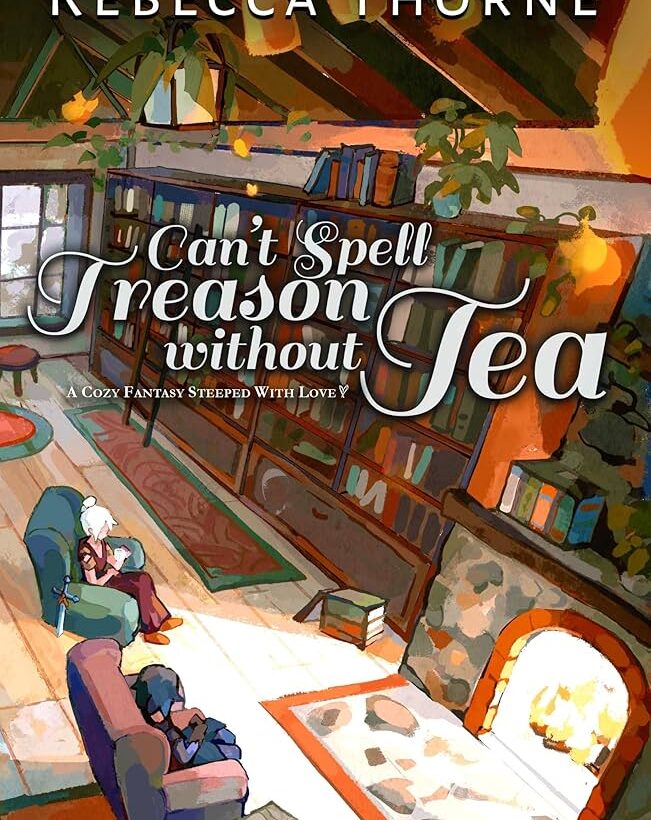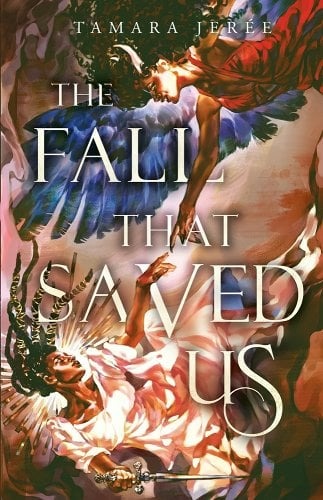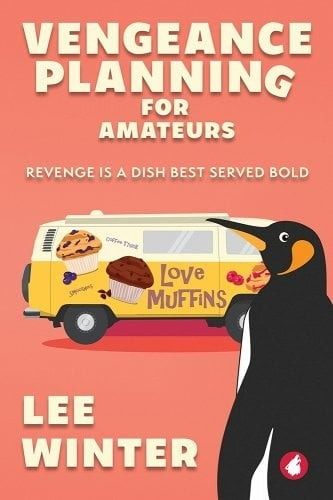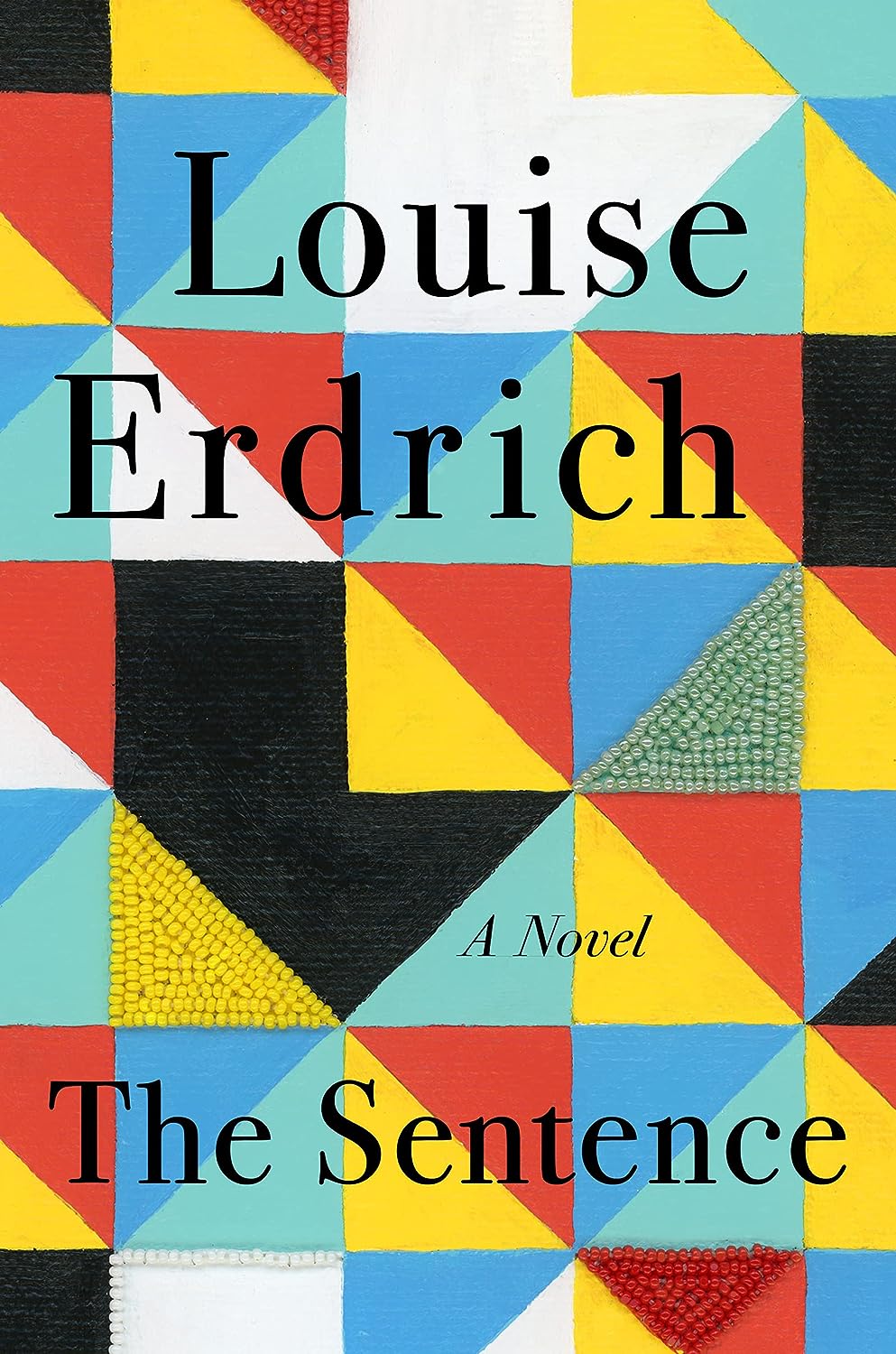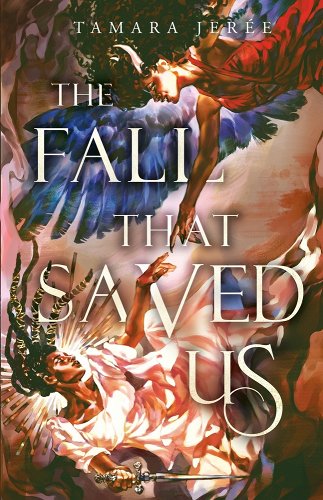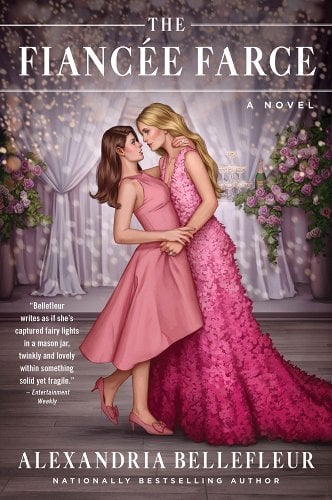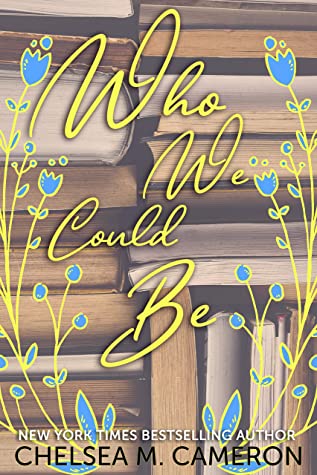With the weather getting colder and the… general state of the world, I’ve been gravitating towards cozy fantasy lately, which is why I finally picked up a book that’s been on my TBR for far too long: Can’t Spell Treason Without Tea by Rebecca Thorne. This is the first in the Tomes & Tea series,Read More
An Emotional Demon Hunter Romance: The Fall That Saved Us by Tamara Jerée
Buy this from Bookshop.org to support local bookstores and the Lesbrary! Tamara Jerée’s The Fall That Saved Us centers around Cassiel, a former demon hunter who has left her abusive family behind in favor of a quiet life in a little bookshop she now runs. When a succubus named Avitue shows up one day, the two fallRead More
A Muffin Baking- and Hijinx-Filled Romantic Comedy: Vengeance Planning for Amateurs by Lee Winter
Buy this from Bookshop.org to support local bookstores and the Lesbrary! Vengeance Planning for Amateurs by Lee Winter was published February 2024 and is Lee’s first intentional romantic comedy. The book follows muffin baker Olivia Roberts, her beloved stuffed penguin Trip, and her band of book club misfits that meet at the local crime bookstore.Read More
A Genre-Bending Haunted Bookstore Story: The Sentence by Louise Erdrich
Buy this from Bookshop.org to support local bookstores and the Lesbrary! I kept hearing people rave about this book when it was new. I heard it was a cozy read about someone working in a bookstore haunted by the ghost of a customer. So imagine my surprise when the book begins with the main characterRead More
Healing Through a Haunting: The Fall That Saved Us by Tamara Jerée
Bookshop.org Affiliate Link The author’s content notes, which also apply to this review: “While Cassiel’s story is focused on healing, heavier themes of trauma and shame are explored to give context to the protagonist’s journey. Please consider the major content notes: cutting scars, brief self-harm ideation, discussion of an eating disorder, family emotional abuse, andRead More
Alexandria Bellefleur Continues to Make Seattle the Romance Capital with The Fiancée Farce
Bookshop.org Affiliate Link In a year of reading romance novels, I have learned a lot about the genre. First, and most importantly, I enjoy it so much that I usually read an entire novel within a single twenty-four hour period. Another thing that I have noticed—something that threatens to temper that enjoyment from time toRead More
Danika reviews Delilah Green Doesn’t Care by Ashley Herring Blake
Amazon Affiliate Link | Bookshop.org Affiliate Link Ever since I read the Brown Sisters series by Talia Hibbert, I’ve been chasing the feeling of that romance reading experience. Luckily, I found a book that scratches that same itch, and it’s Delilah Green Doesn’t Care. Both have well-rounded side characters, a connection to family, and a ton ofRead More
Kelleen reviews Delilah Green Doesn’t Care by Ashley Herring Blake
Amazon Affiliate Link | Bookshop.org Affiliate Link “Queer, feminist, angry, and beautiful.” When I say I want sapphic romcoms, this is what I want. I want sapphic romcoms that pack an emotional punch. That present the diversity and the affinity of queer womanhood. That have queer women who call themselves queer with no explanation andRead More
Shana reviews Who We Could be by Chelsea Cameron
Who We Could Be is a fluffy, heartwarming romance about supposedly straight best friends who fall in love with each other. The story loosely reimagines two of my favorite characters, Anne Shirley and Diana Barry from Anne of Green Gables. I sometimes find coming out stories too predictable and trite. I loved this gooey, angstRead More
